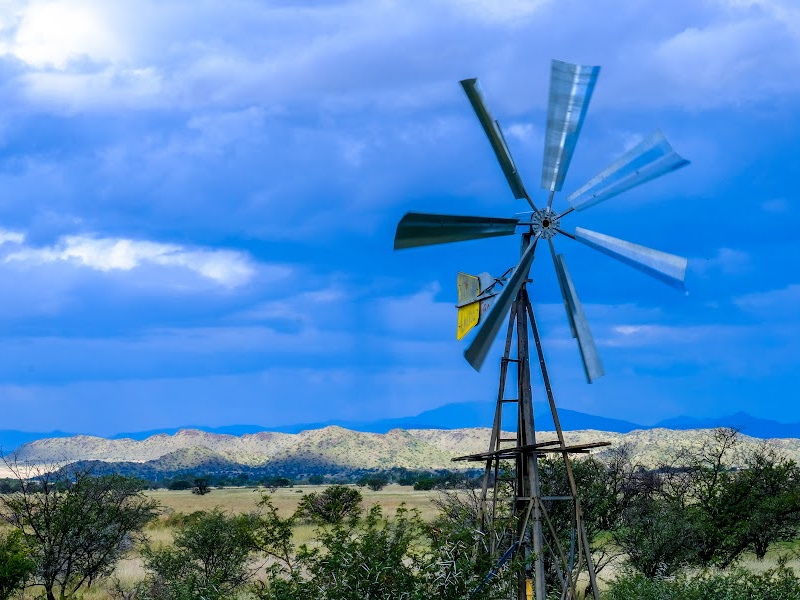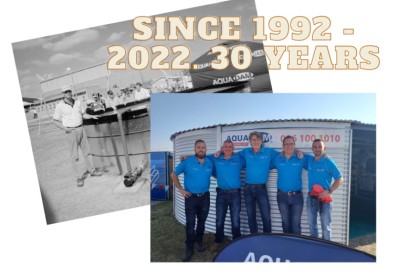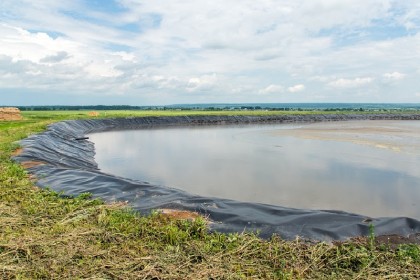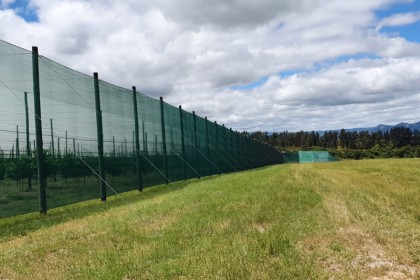
Hydro Solutions Borehole Pumps
What Is A Borehole?
Borehole water is a sustainable method of providing water to your home. In terms of the National Water Act, boreholes need not be registered if the borehole is to be used for reasonable domestic use, small gardening, and the watering of animals, but specifically only for domestic use.
A borehole is a great investment for your property and can even increase the value of your property. But this is also dependent on whether the installation is done properly and using the best quality products.
A borehole is a shaft bore drilled deep into the ground to excavate water from the depths. Part of the shaft is equipped with a vertical pipe and screen which assists in keeping contaminants out of the pump and prevents the hole from sinking in.
Borehole Pumps and Why Do You Need One?
Borehole pumps are needed to pump the water from the well at the bottom and transfer it to the surface. To get the best use out of your borehole, using the right size pump is pivotal.
A yield test will be required to first collect the borehole data needed to enable you to select the correct pump size for your particular borehole. Choosing the correct borehole pump will make for stress-free, easy use for years to come.
Because borehole pumps come into contact with minerals in the soil, each pump is coated with a corrosion-resistant material. Every borehole pump has a suction inlet and a discharge outlet at the top. Inside the pump are impellers that increase the pressure and transfers the water out and up the discharge pipe, using centrifugal force.
Each type of pump will have different capabilities and this is where choosing the right one is important. Your qualified supplier or contractor can assist with this selection. With this knowledge, it will be easier to determine problems in their early stages so that you can attend to them swiftly before it becomes a bigger problem.
There are two types of pumps that are specific to boreholes, the submersible pump, and the borehole water pump.
The submersible pump is a pump that can be fully submerged in the water and draw the water to a particular location. Submersible pumps have been used for shallow wells. For this pump to be effective, there must be sufficient water available for the pump to be fully submerged.
These pumps are not ideal for water boreholes though as these boreholes are typically deep and narrow.
The second are pumps that are specific for water boreholes, being the borehole water pump. The drilled hole runs deep in the ground to access the underground water. For this application, a long and narrow pump that generates high pressure will be needed. To get the pump to work, a power source is also needed. There are pumps that can run of solar power, utility power or both. One must ensure that there is a power source nearby for this purpose
Installing the Water Borehole Pump
When installing the pump, the total dynamic head must be determined, which is made up of three aspects, being the elevation head, the friction head loss as well as the pressure head. The elevation head is the depth of the borehole or the vertical distance that the water must be pumped through. The tank height as well as the height of any additional vertical inclines must also be considered. The friction head loss refers to the loss of water pressure as the water moves up through the vertical pipe. Factors that affect the friction head loss include the pipe diameter, the flow rate, the pipe material, and the pipe length.
The pressure head applies to water systems which get their pressure directly from the pump and not from the water tank itself. It relates to the required operating pressure in the system. Depending on the pressure required for the application a different pump or diameter of pipe may be required to compensate for pressure loss. The borehole output capacity must also be considered when installing a pump, so as to not exceed the yield of the borehole and run the system dry. There are different protection and control options to protect your pump against this.
Borehole Pumps offered at Hydro Solutions
At Hydro Solutions we offer all sizes of pumps, depending on the specific size and yield of your borehole, being 3”, 4”, 6” and up to 10” inch pumps are available.
Used in boreholes, dams, and reservoirs, these pumps can be used for domestic, irrigation, industrial or farming applications.
These pumps are made from stainless steel and the motor and hydraulic parts are interchangeable and replaceable.
The pumps can be paired with single phase or three phase motors with a required voltage of 220v, 380v or 525v. They are also equipped with a thermal overload protector and capacitator, protecting against short circuiting and over current.
We also have a wide range of Solar powered borehole systems and options.
Contact us today to find the perfect fit for your borehole!
For more agricultural products and services, click here.












